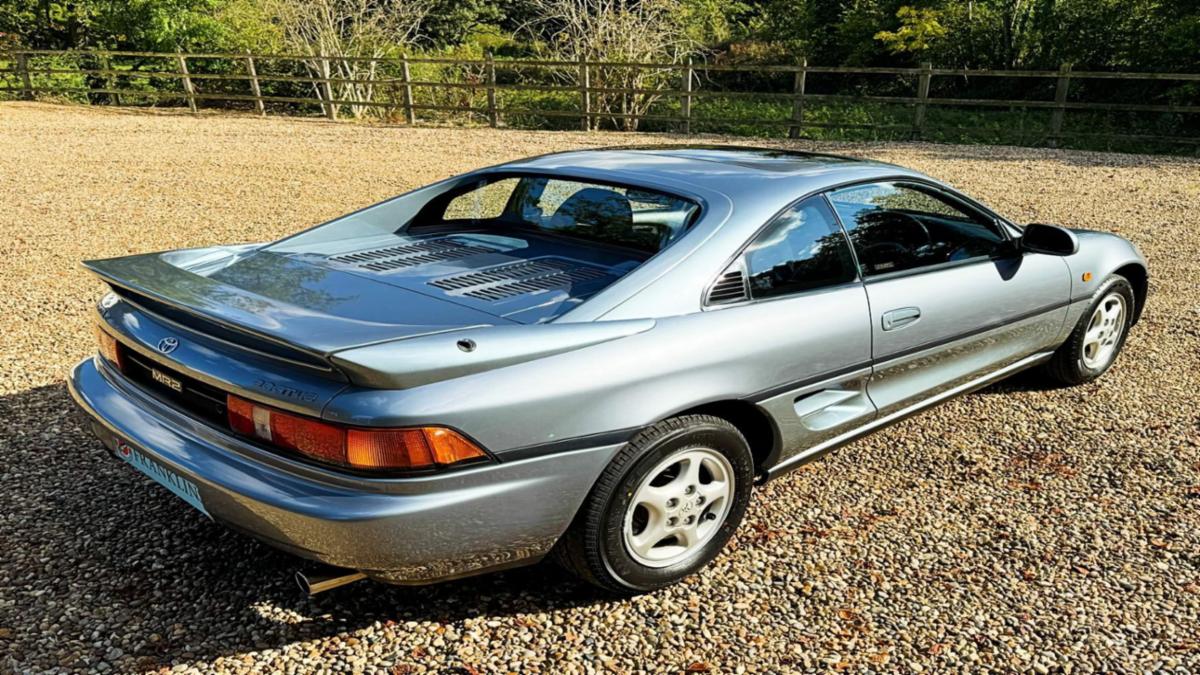Article Body
Buying a car in 2025? You’re probably torn between going for a brand-new model or a second-hand vehicle. While shiny new cars are tempting, second-hand cars are gaining popularity for smart reasons. In today’s economic landscape—marked by inflation, rising interest rates, and global supply chain issues—choosing a used car can be a wise financial and practical decision.
This guide is for anyone considering a car purchase this year, especially budget-conscious individuals, first-time buyers, or families looking for value. In this article, you’ll learn why second-hand cars often make more sense than new ones in 2025, backed by practical insights, pros and cons, expert tips, and real-life considerations.
What Is a Second-Hand Car?
A second-hand car, also known as a used car, is a vehicle that has been previously owned and registered. It may come from a private seller, a certified dealership, or even a rental fleet. Unlike new cars, which depreciate the moment you drive them off the lot, second-hand vehicles have already undergone this steep initial depreciation.
For example, a 2022 model driven for 2 years may cost 30–40% less than its original price, while still offering modern features and excellent condition.
Why Is It Important in 2025?
In 2025, buying a used car is more relevant than ever due to several ongoing trends:
-
Soaring prices of new vehicles due to global supply chain delays
-
Rising interest rates, making auto loans for new cars costlier
-
Improved quality and longevity of modern vehicles, making used cars reliable
-
Access to certified pre-owned (CPO) programs, which offer warranty and inspection guarantees
-
More transparency, thanks to digital platforms offering verified history reports and car inspections
Simply put, used cars offer better value per rupee spent, especially in today’s unpredictable economy.
How It Works / How to Buy Smart in 2025
Buying a second-hand car is easier and more reliable now than ever before. Here's how to do it right:
✅ Steps to Buy a Second-Hand Car:
-
Set a budget (include insurance, RTO, and repairs).
-
Choose the car type (sedan, SUV, hatchback, etc.) based on your needs.
-
Use trusted platforms like Cars24, OLX Autos, Spinny, or dealer-certified outlets.
-
Check the service history, accident records, and odometer reading.
-
Inspect and test-drive the vehicle thoroughly.
-
Negotiate the price based on car condition and market rates.
-
Verify documents (RC, insurance, pollution, loan NOC, etc.)
-
Transfer ownership legally.
🔧 Practical Tip:
Look for cars under 5 years old with less than 60,000 km on the odometer for a balance of performance and longevity.
Common Misconceptions
| Myth | Reality |
|---|---|
| Used cars are unreliable | Modern cars are built to last 150,000+ km with regular servicing. |
| It’s hard to get financing | Many banks and NBFCs now offer loans for used cars at competitive rates. |
| There’s no warranty | Certified pre-owned (CPO) vehicles often come with 6-month to 2-year warranties. |
| Repairs will cost more | If chosen wisely, many used cars need minimal maintenance initially. |
Pros and Cons of Second-Hand Cars
✅ Pros:
-
Lower purchase cost
-
Lower insurance premiums
-
Slower depreciation
-
More options within your budget
-
Less registration and RTO tax
❌ Cons:
-
Older features or design
-
Potential hidden issues (if not inspected properly)
-
Shorter warranty (unless CPO)
-
Financing interest may be slightly higher
Tips and Best Practices
-
✅ Always get a mechanic’s inspection before finalizing.
-
✅ Opt for CPO vehicles for peace of mind.
-
✅ Avoid flood-damaged cars (check rust, odd smells, insurance history).
-
✅ Verify VIN and service records.
-
❌ Don’t buy from unverified or shady sellers.
-
✅ Use platforms with return policies (e.g., 7-day trial or buy-back offers).
Real-Life Example
Ravi, a tech worker in Bangalore, bought a 2021 Hyundai i20 in early 2025. It had 25,000 km on the odometer and cost ₹5.8 lakh—₹3.2 lakh less than the new model. He received a 1-year warranty from a certified dealer and hasn’t had any major issues in 6 months. He used the savings for fuel upgrades and travel. For him, it was “value over vanity.”
FAQs
Q: What is a second-hand car in simple words?
A second-hand car is a vehicle that someone else has owned and used before you.
Q: Why should I care about buying used?
You can save a lot of money, avoid steep depreciation, and still get a great car if you buy smart.
Q: How can I use or apply it in real life?
Use certified platforms, inspect thoroughly, and focus on low-mileage, well-serviced cars with clean records.
Q: Is it better than buying a new car?
In many cases, yes—especially for budget buyers or those who don’t want fast depreciation.
Final Summary – What You Should Know
In 2025, second-hand cars are not just a budget option—they're a smart, practical choice. With better quality control, online transparency, and rising new car prices, used vehicles offer exceptional value. Whether you're a student, family person, or working professional, a good used car can serve you reliably for years without breaking the bank.

Comments